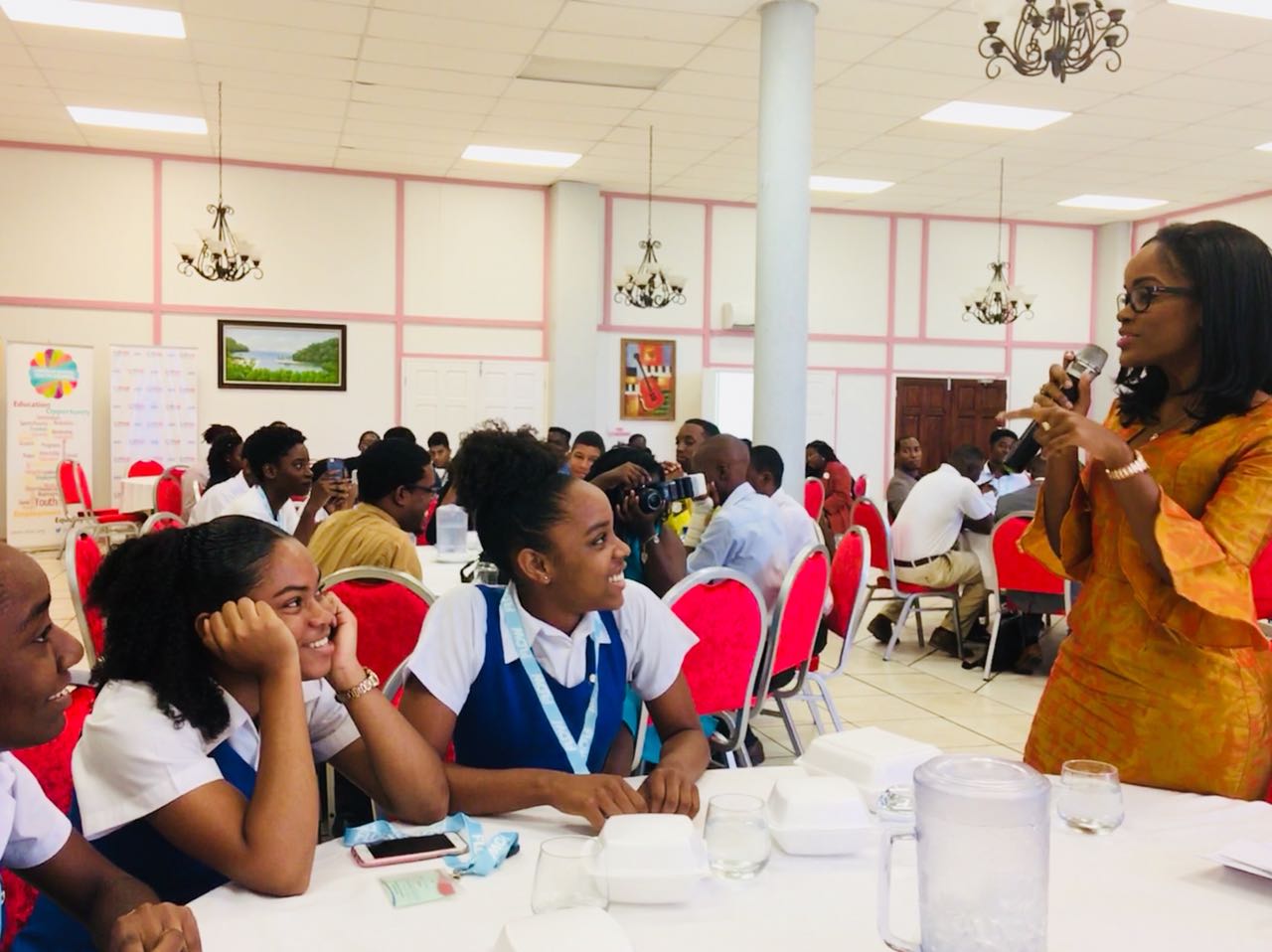Nigeria’s motion for independence was supported by a unified aim to dislodge foreign powers from the helm of affairs. Yet Olawole Olakunle, 23, a Correspondent from Lagos in Nigeria, argues that Nigeria has failed to achieve the glory it could realise as a great nation. It’s important to note that at one point in time, the …
Tag: social change
Youth are in the minority among candidates for influential elected posts. Kwasi Gyamfi Asiedu, 21, a Commonwealth Correspondent from Ghana, interviews a young candidate to learn about his philosophy and his encouragement for youth engagement in politics. In January 2017, my attention was brought to a Facebook post written by one of my university friends. …
The objectives and values between aid and business have reached a landmark intersection, writes Steph Carter, 26, a Commonwealth Correspondent from Australia. In an era of Sustainable Development Goals, the development landscape is changing. Donor funding is becoming more targeted, with growing need to engage the private sector in lasting social impact. In the Asia …
The campaign against FGM is reaching out to a wider audience, writes Oluwasegun Olakoyenikan, 23, a Commonwealth Correspondent from Benin City, Nigeria, who describes advocacy training for a network of social media users in southern Nigeria. Due to the increasing number of social media users in Nigeria and the need to reach out to them, …
Public versus private medical education in Sri Lanka is a hotly-debated topic, writes Madusha Erandi Thanippuliarachchi, 24, a Commonwealth Correspondent from Sri Lanka. What is important to consider is whether one believes private education acts for profit or the public good. Sri Lanka is blessed to have a free education system which has produced many eminent professionals. C.W.W …
“Private education: For profit? Or public good?” Read More »
The unique opportunity to set big goal creates the framework for what Ariana Joseph, 17, a Correspondent from Antigua and Barbuda now studying in Canada, describes as the audacity of youth. In my previous article I focussed on the initiatives of the young people of the Potters Seventh Day Adventist Church Youth Group as they …
Society has long held that elders should lead while youth wait on the sidelines, writes Munguongeyo Ivan, 24, a Commonwealth Correspondent from Kampala. He argues for a shift that will encourage youth to become leaders. For a long time, our societies have embraced the notion that leadership is meant for the elderly among us. Consequently, …
Regional tension is a concern, writes Ope Adetayo, 19, a Commonwealth Correspondent from Lagos, Nigeria, but is not a new issue or restricted to any one country. He looks at history and suggests that answers are available. Each day passes and the news trickles out. The situation portends grave consequences. People watch on, arms akimbo …
Domestic workers are an essential yet almost invisible part of many households, writes Monica Islam, 26, a Commonwealth Correspondent from Dhaka in Bangladesh, who argues for the recognition and fair treatment of these household members. Bangladeshi families are familiar with the word bua or bai. It has become the Bengali or Hindi equivalent of “maid …
Adopting best practices is a seen as positive, but Muhammed Badamasi, 22, a Correspondent from Lagos in Nigeria, argues that cultural bias must be considered in making assessment of what is best for the situation. The term cultural cringe was developed by A.A. Philips, in his controversial 1950 essay of the same name. Cultural cringe is …



